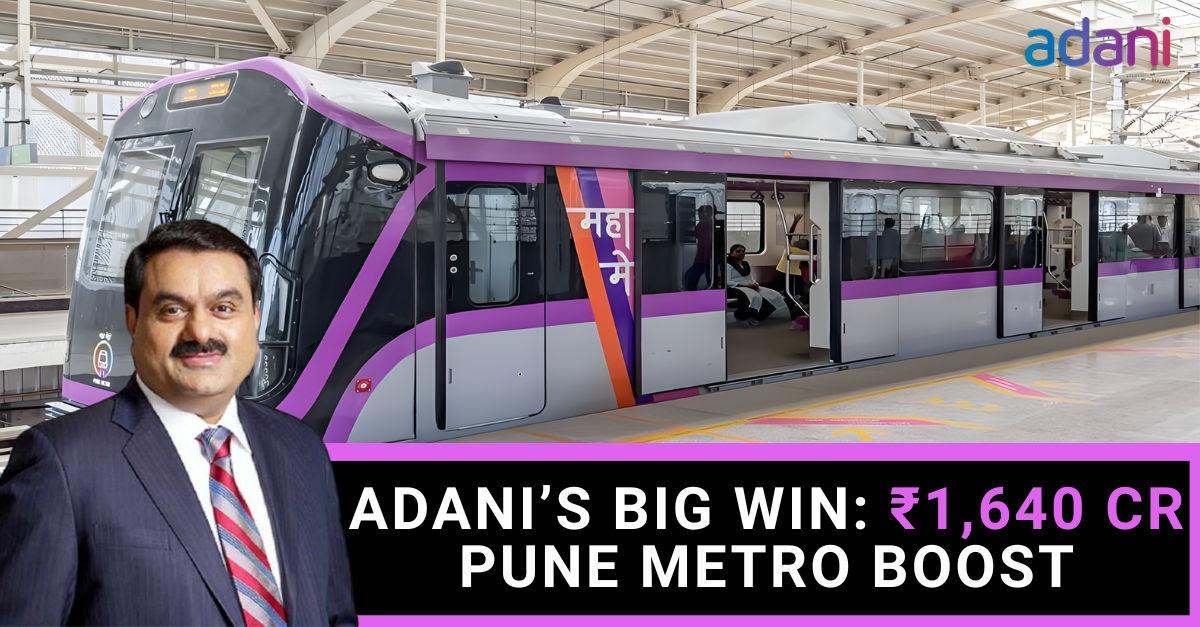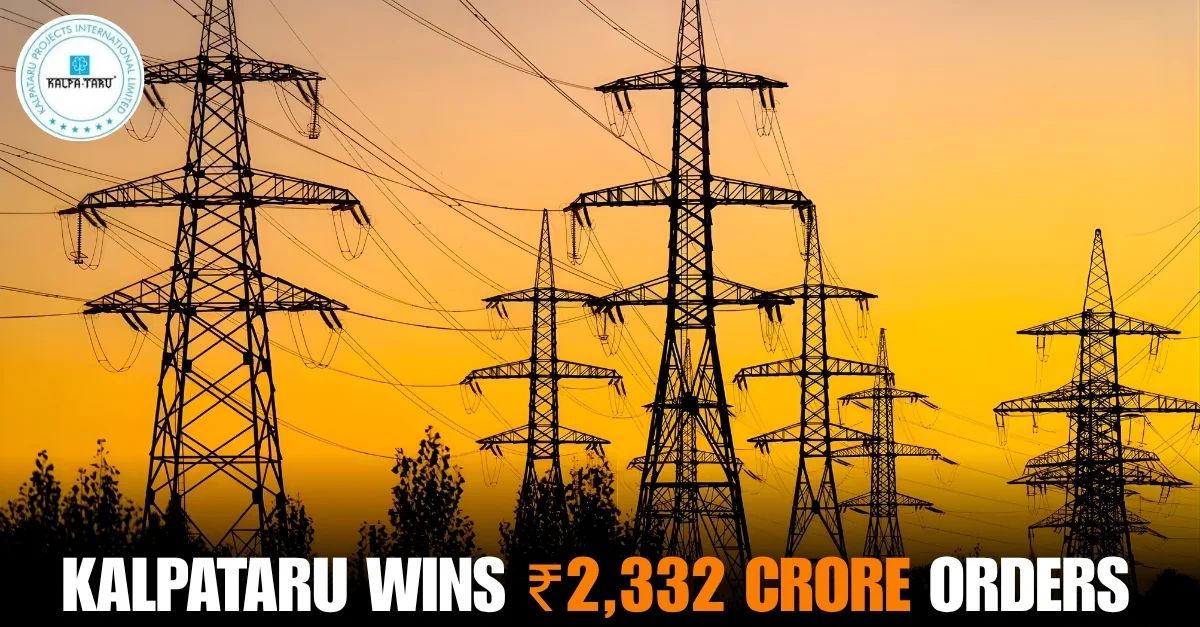The Brihanmumbai Municipal Corporation (BMC) has invited bids for the construction of a new Rs 805-crore cable-stayed flyover that will link the historic Y-Bridge in Byculla with the JJ Flyover, marking a significant step in easing one of South Mumbai’s most congested corridors. The project, jointly executed by the BMC and the Maharashtra Rail Infrastructure Development Corporation (MRIDC), is designed to improve traffic movement between Byculla, Nagpada, and Mazgaon—areas that have long struggled with bottlenecks and slow-moving traffic.
The existing Y-Bridge, a landmark structure built in 1922 and known for its distinctive Y-shape, was declared structurally unsafe following a recent civic survey. The proposed redevelopment aims not only to replace the aging structure but to transform the entire stretch into a modern traffic corridor that better serves the city’s growing needs.
According to senior BMC officials, the new 850-metre-long flyover will bypass two of the most gridlocked intersections near Saboo Siddik Polytechnic College and Richardson and Cruddas along JJ Road in Nagpada. Commuters currently face significant delays in this zone due to intersecting local and arterial roads. The new structure will provide a smoother, uninterrupted link, helping vehicles move more efficiently between central and southern parts of the city.
The project has been designed as a cable-stayed bridge—a first for this stretch of Mumbai’s inner-city road network—ensuring a blend of aesthetic appeal and engineering strength. The BMC expects that once operational, the new link will decongest the Eastern Express Highway and improve connectivity between the eastern suburbs and the island city, reducing travel times for thousands of daily commuters.
Two additional arms of the flyover are planned to connect the Olivant Bridge area in Mazgaon, which will facilitate direct access to both the Eastern Freeway and the Mumbai Trans Harbour Link (MTHL). This multi-directional integration is expected to ease congestion not only in Byculla but across multiple southern zones that feed into the freeway system.
Officials also stated that the main carriageway will directly connect the Y-Bridge near the Mumbai Fire Brigade headquarters to the JJ Flyover ramp, while the side arms will handle traffic flowing to and from Mazgaon. This design ensures that key traffic streams are separated, minimizing choke points and increasing overall road capacity.
The BMC’s push for this major upgrade comes amid a broader effort to strengthen aging civic infrastructure in Mumbai. Over the past few years, structural audits have identified several bridges—many over 50 years old—that require urgent replacement or reinforcement. With the Y-Bridge replacement now in tendering stage, it signals the city’s continued prioritization of commuter safety and long-term mobility.
Urban transport experts have welcomed the project, emphasizing that modernizing city bridges is crucial for maintaining smooth traffic flow and preventing structural failures. The new Y-Bridge is expected to not only serve daily traffic but also become a key structural link supporting emergency movement and logistics connectivity across South Mumbai.
Construction tenders for the project have been floated, and once finalized, work is likely to begin early next year. The completion timeline has not been officially disclosed, but similar projects have typically taken around 24 to 30 months to execute, depending on ground conditions and clearances.
The new bridge, when complete, will stand as a modern counterpart to its century-old predecessor—a landmark of heritage giving way to a symbol of progress.
.png&w=384&q=75)






